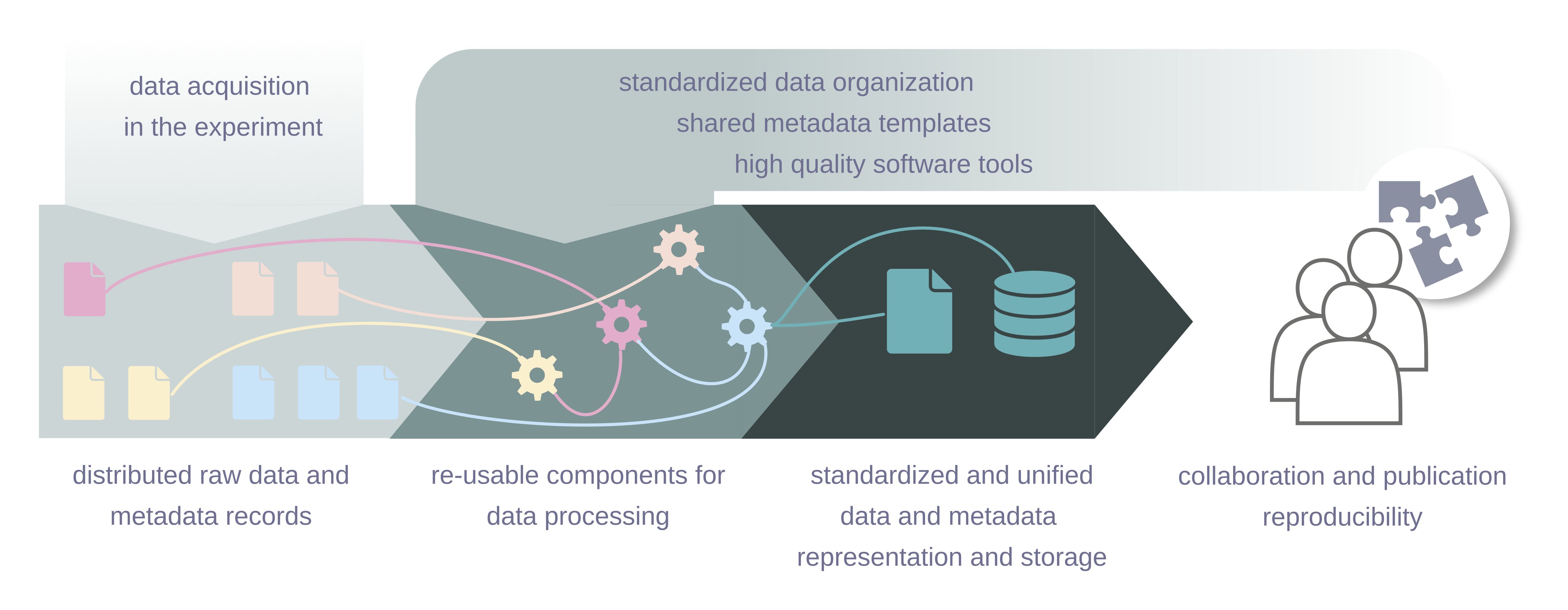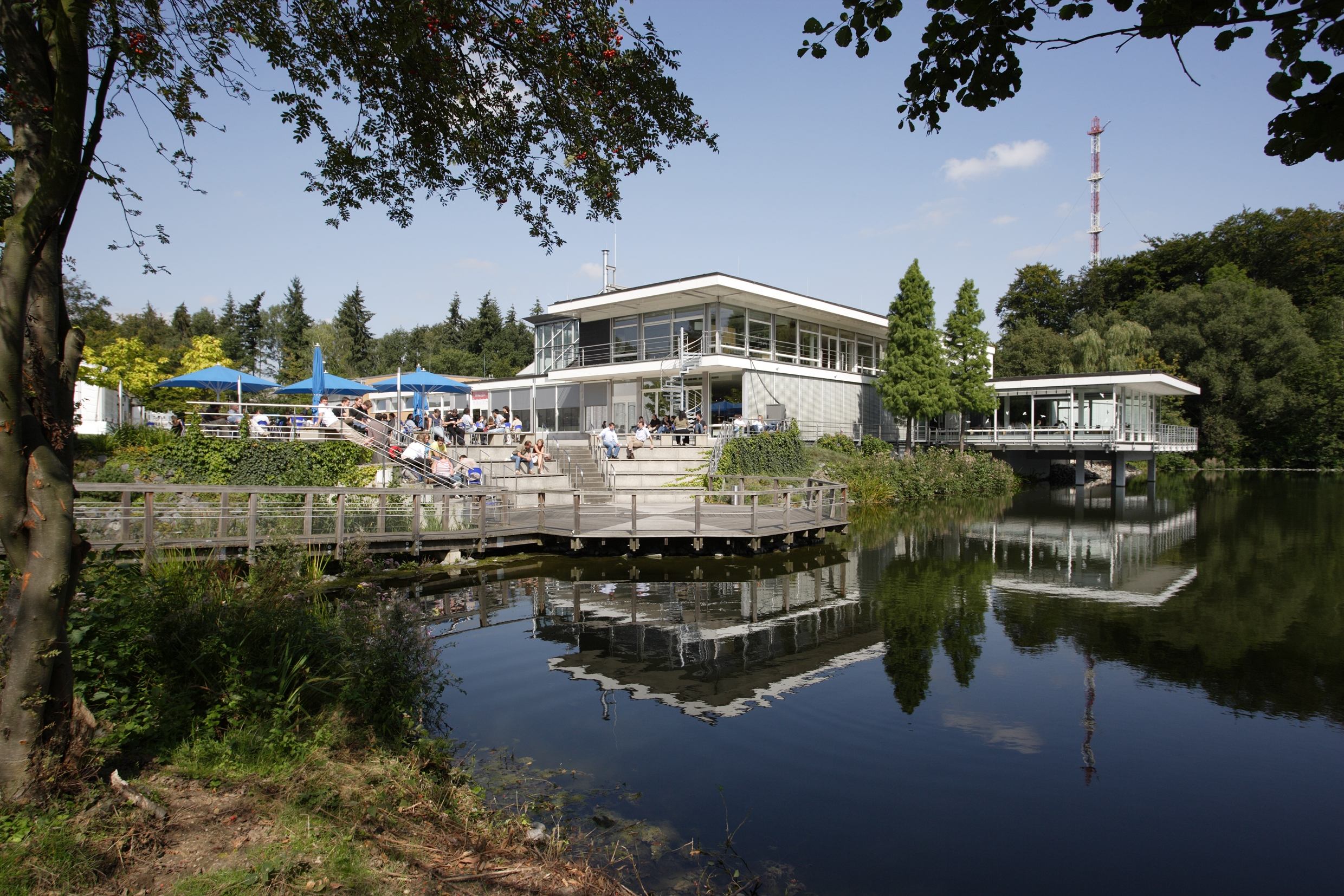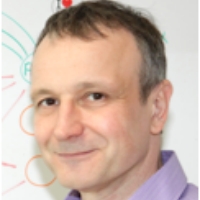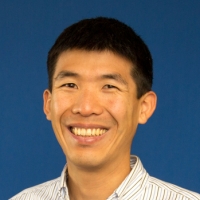Learn advanced analysis techniques
Techniques to record neuronal data from populations of neurons are rapidly improving. Simultaneous recordings from hundreds of channels are possible while animals perform complex behavioral tasks. The analysis of such massive and complex data becomes increasingly challenging and intricate. The ANDA-NI school aims at teaching state-of-the-art analysis approaches for neuroelectrophysiological data in systems neuroscience.

Image: Denker, M., Grün, S., Wachtler, T., Scherberger, H., 2021. Neuroforum 27, 27–34. https://doi.org/10.1515/nf-2020-0041
Implement solutions for efficient data handling and sharing
Likewise, the management of modern electrophysiology datasets becomes increasingly important to enable the synergistic effort of teams working jointly on this data. ANDA-NI provides an in-depth practical training on how to efficiently work with cellular and network-level electrophysiological data in a collaborative environment and in the implementation of workflows based on current neuroinformatics tools.
How ANDA-NI works
ANDA-NI evolves the concepts of four ANDA schools held since 2017 by introducing practical aspects of neuroinformatics to the data analysis workflow. The school is addressed to excellent MSc and PhD students and experienced researchers who are excited to acquire skills in handling and analyzing neuroelectrophysiological data. The focus is on extracellular spike train recordings and local field potential recordings.
The school is comprised of a series of online preparatory lectures and an extended time period of instructed data curation, leading up to a week of hands-on, in-person experience in the analysis of real-world electrophysiological data. To inspire and guide analysis ideas, internationally renowned researchers will give lectures on statistical data analysis and data mining methods with accompanying exercises. For the practical work, students have the opportunity to bring their own example dataset, which they will learn to efficiently describe and share using neuroinformatics tools. During the school, students will then work in tandems on analyzing their datasets using the methods they have learned about in the lectures, defined by their own interests and ideas.
The initial online preparatory part of the school covering neuroinformatics topics is open to guests (see application procedures below).
How to apply
ANDA-NI applications
Participants are required to have a strong interest in data analysis, a background in a mathematical or related field, knowledge of algebra, matrix operations, and statistics, and solid programming experience (preferably in Python).
The application includes a motivation letter, an example Python code written by the applicant that is informative of their level of coding proficiency, and a short letter of support by their supervisor for MSc and PhD applicants.
In addition, students are required to identify a dataset they intend to bring to the school. During this school, students will learn to efficiently share this dataset among themselves, and later use these data to explore analysis methods in small teams during the in-person part of the school. For maximum benefit, we strongly encourage participants to bring a representative example of data they are working on (e.g., an example session) and to allow the sharing of this dataset among participants of the school, or optionally even publish of this dataset as part of a repository hosted on the G-Node data sharing infrastructure. Please ask for appropriate permissions before applying. Alternatively, we also welcome participants who bring publicly available, open datasets that are of interest to them.
Details on the application process will follow -- stay tuned!
Virtual guests for the neuroinformatics lectures
You may alternatively apply to join only the virtual short track neuroinformatics school using a simplified application process.
Details on the application process will follow -- stay tuned!

Image: Forschungszentrum Jülich GmbH, Ralf-Uwe Limbach
Venue
The school will be held at the Jülich Research Center, Germany. In addition, the school will consist of an initial virtual preparatory lecture series.












